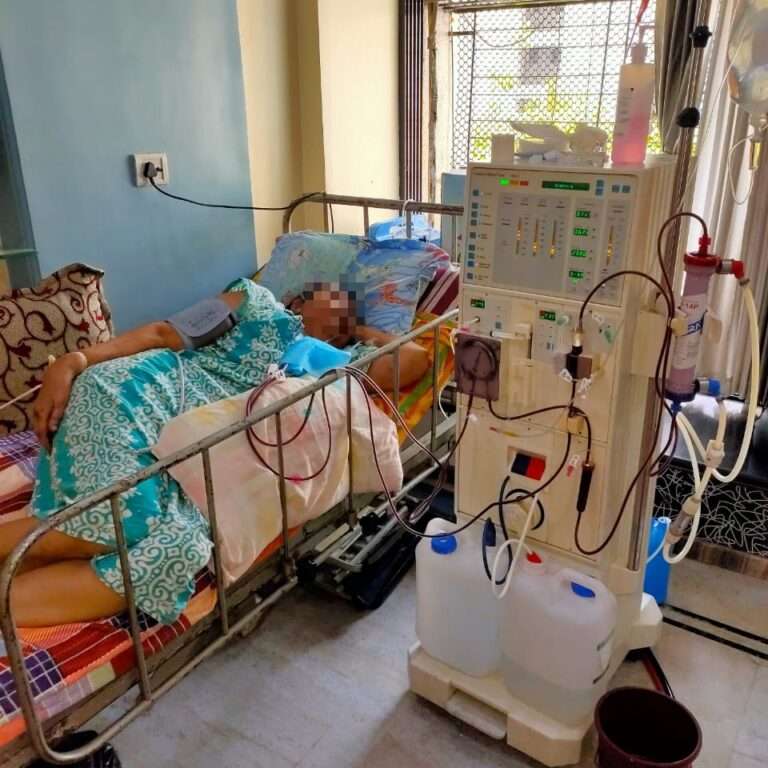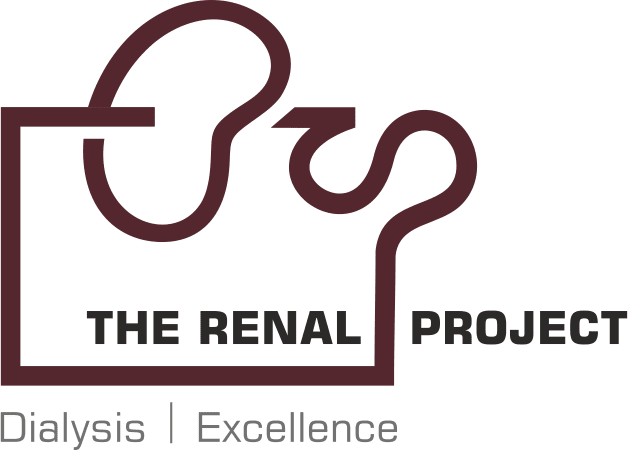Hemodialysis Treatment: The Friend your Kidneys Need

Kidneys no longer cooperating? The Renal Project has you covered and that too in the comfort of your home.
Healthy kidneys are responsible for cleaning your blood and removing the extra fluid from the body in the form of urine. Upon malfunctioning of the kidneys, dialysis replaces this function. As the kidneys are not able to remove enough wastes and fluid from the blood. This usually happens when only 10 to 15 percent of kidney function remains and leads to serious health issues. The symptoms of kidney malfunctioning may include nausea, vomiting, swelling and fatigue. There may be a chance, however, wherein no such symptom is observed and yet high level of wastes exist in the blood that are toxic for the body. The best way to find out if dialysis treatment needs to be given is by means of some lab tests to check blood toxin levels.
Hemodialysis comes in the form of a saviour for patients whose bodies require assistance with the blood filtration process. It is a procedure in which a dialysis machine and a filter called an artificial kidney or a dialyzer are used to clean the blood. An entrance is made for the same into the blood vessels with the help of a minor surgery, usually in the arm. The dialyzer consists of two parts, one for the blood and the other for a washing fluid called dialysate which are separated by a thin membrane. Blood cells, protein and other important things for the body remain on the blood side as they are too large to pass through the membrane. The smaller waste products such as urea, creatinine, potassium and extra fluid in the blood, however, pass through the membrane to the dialysate side and get washed away leaving the patient with clean, detoxified blood.
The requirement of dialysis treatment and its level is prescribed by the Nephrologist. Timely commencement of hemodialysis and regular treatment sessions work wonders for a kidney patient. But the frequency of visits to the dialysis center to enable this procedure may prove to be a hinderance for some patients in receiving regular treatment due to age or other factors. It is in order to help this category of patients from missing out on their regular dialysis sessions that home hemodialysis services exist.
If both are to be compared then in-center hemodialysis is usually done three times a week for about three to four hours or longer per session according to a pre-scheduled time, while home hemodialysis services require dialysis treatment more frequently, usually 4-7 times per week for shorter hours each time. There are three types of home hemodialysis services that can be performed. A Conventional home hemodialysis service involves the treatment being done three times a week for three to four hours or longer each time. A Short Daily home hemodialysis service is usually done five to seven times a week with the help of new machines designed for short daily home treatments. These treatments usually last for about two hours each. Since the dialysis happens more often, less fluid generally needs to be removed each time which reduces symptoms like headaches, nausea, cramping and feeling ’washed-out’ after treatment. Another type of home hemodialysis service is the Nocturnal home hemodialysis. During this long and slow treatments are done at night while the patient sleeps. This kind of dialysis can be done six nights a week or every other night depending upon the prescription. These treatments usually last for about six to eight hours. It is also a possibility to combine Daily and Nocturnal home hemodialysis services depending upon the prescription and the machine.
Whether In-center hemodialysis or a home hemodialysis service, it is important to maintain the frequency of the dialysis treatment based on the individual’s body requirement, which can be identified with regular check-ups and lab tests.

Add a Comment